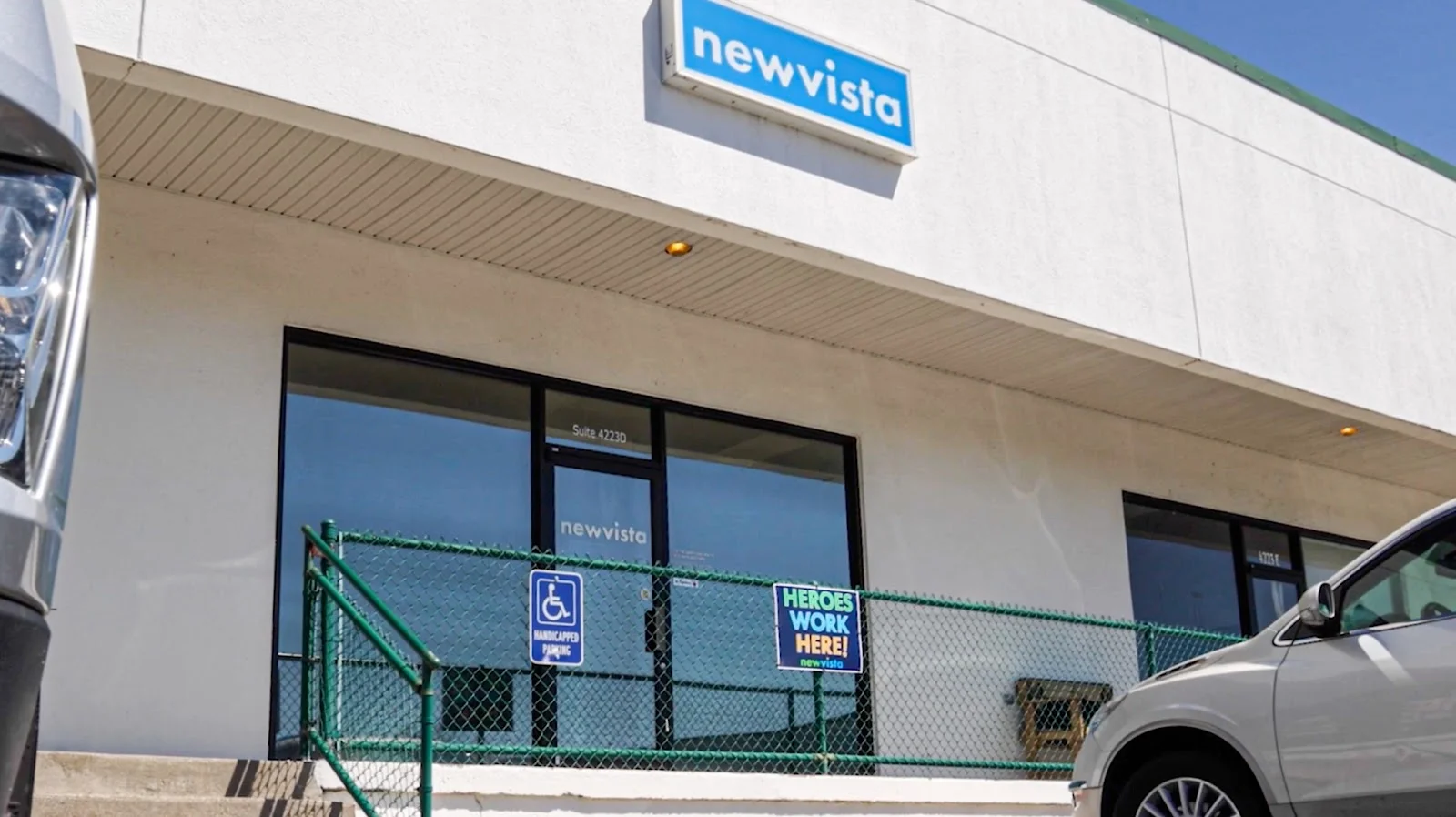New Vista Information
Treatment
Who We Treat
- Children
- Teens / Adolescents
- Young Adults (18–25)
- Adults
- Seniors/Older Adults
- Adolescents
- Older Adults
- Male and Female
- LGBTQ+
- Veterans
Approaches
- Family Therapy
- Group Therapy
- Cognitive Behavioral Therapy (CBT)
- Dialectical Behavior Therapy (DBT)
- Motivational Interviewing
- 1-on-1 Counseling
- Online Therapy
- Life Skills Training
Conditions We Treat
- Post Traumatic Stress Disorder (PTSD)
- Trauma
- Perinatal Mental Health
- Gambling
- Co-Occurring Disorders
Languages
- English
Aftercare
- Outpatient Treatment
- Continuing Care
- Support Meetings
Level of Care
- Outpatient
- Aftercare/Continuing Care
Experience
Smoking and Vaping Policy
- Smoking Not Allowed
- Vaping Not Allowed
Accreditations
-
State mental health department
State mental health department accreditation refers to the process of evaluating and certifying the quality and standards of a state's mental health department, ensuring that it provides high-quality services and meets specific criteria for mental health care. The accreditation process is performed by a third-party organization and helps to improve the overall care and treatment of individuals with mental health conditions.
-
The Joint Commission
The Joint Commission, previously known as JCAHO, is a nonprofit organization that accredits rehabilitation organizations and programs. Established in 1951, its mission is to enhance the quality of patient care and showcase excellence in healthcare delivery.

New Vista Accepts The Following Insurance Plans
Find the best treatment options. Call our free and confidential helpline today!




